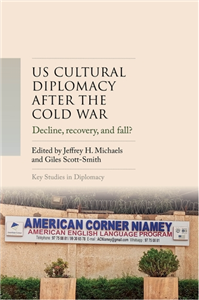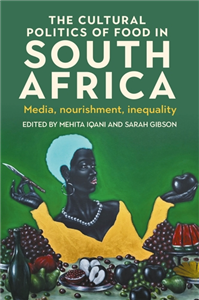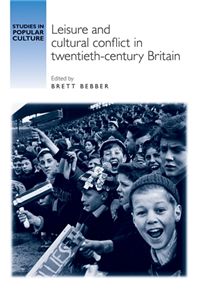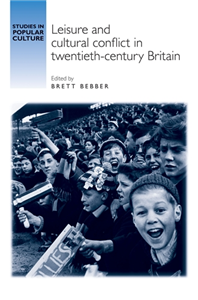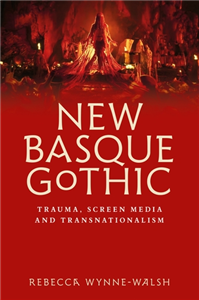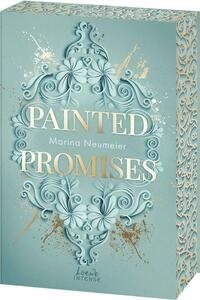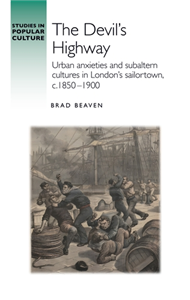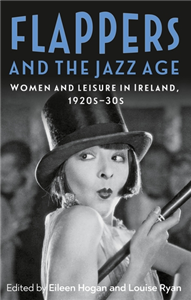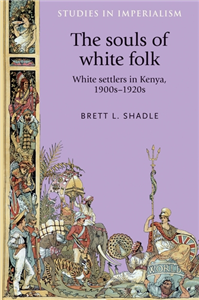Altair 4 Multimedia
ALTAIR 4 Multimedia was established in 1986 byAlessandro Furlan, Pietro Galifi and Stefano Moretti, who conceived the studio as an actual workshop where various technological and artistic disciplines would interact in a coordinated and rewarding dialogue.The members of the Altair4 creative team come from diverse backgrounds and experience in computer animation, graphic arts, design and broadcast production.The ongoing dialogue between past and present characterizes all Altair4 productions and its innovative and multi-faceted approach to creating computer products where advanced technological tools and artistic and cultural processes are joined.
View Rights Portal



